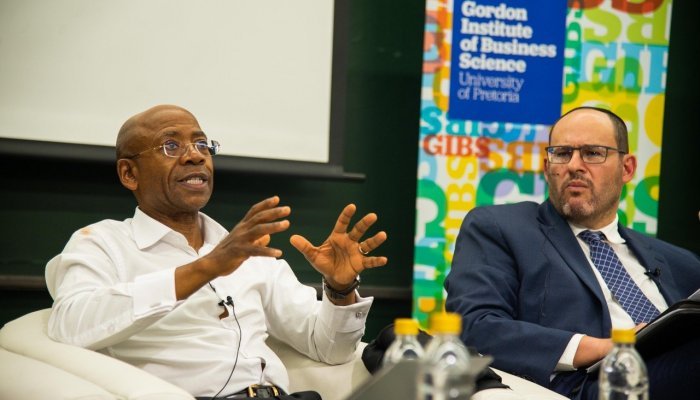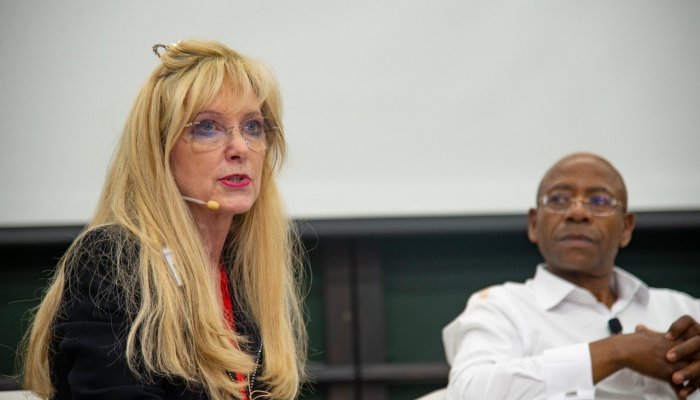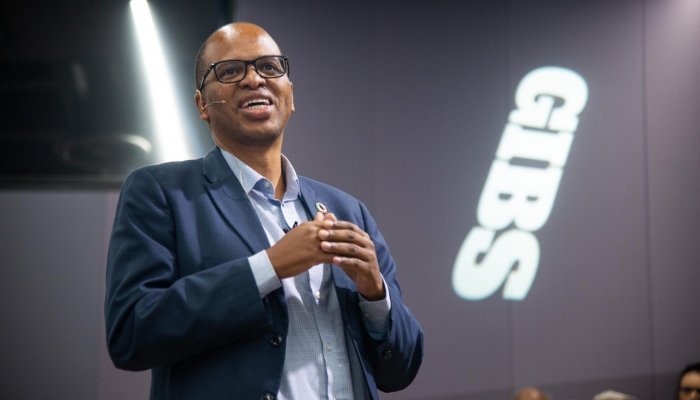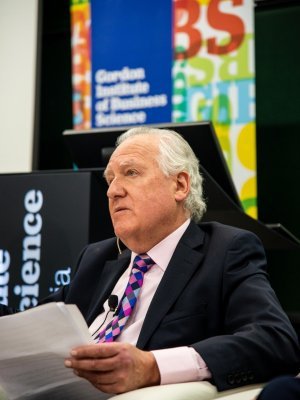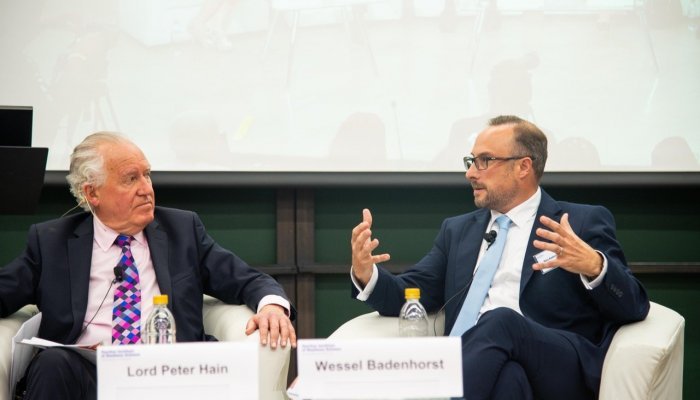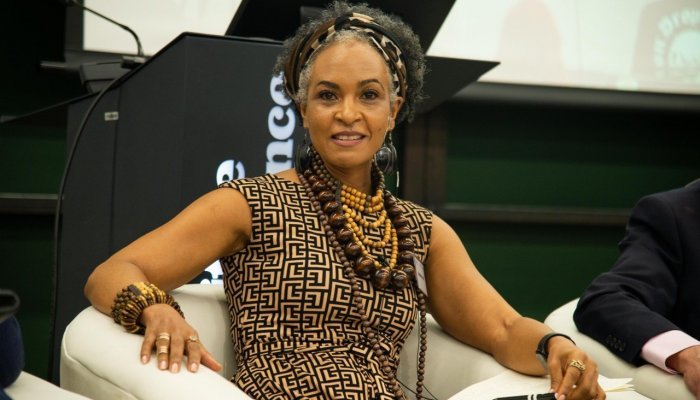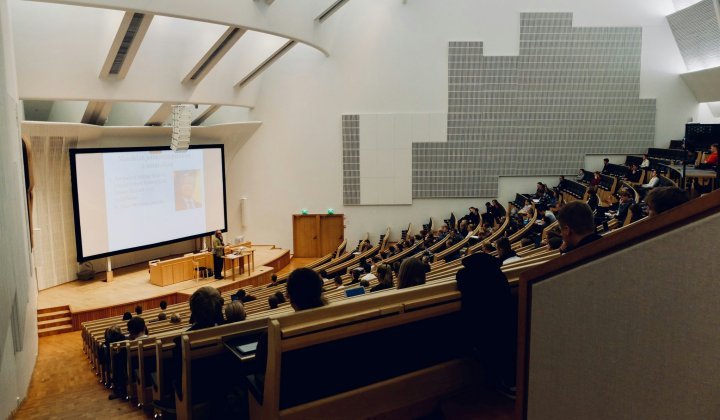Prominent leaders from business, politics and academia gathered at GIBS at a recent forum to discuss how South African business and society could act now to restore ethical conduct and create a growth economy.
Lord Peter Hain, the former anti-apartheid activist and UK cabinet minister, said, “Exasperation with our current president's lack of decisiveness, under-resourced prosecutors, and frustration with corrupt policing is not an excuse for business not to stand up. You will not build a successful economy, kickstart growth or attract foreign investment until you do.”
Professor Bonang Mohale, chair of Business Unity South Africa, told the forum that ethical leadership is important, especially within the context of the devastation caused by state capture. "Twenty-nine years into democracy, South Africa is a mafia state. It’s not a failing state, it is a failed state.”
Mohale argued business had an integral role to play in creating a functioning society. “If this country is to work, it is because business makes it work. If we wait for the ANC government, we will be waiting for a very long time. They have demonstrated that they are incapable of self-correction.”
Collective action
The chairperson of the South African Chamber of Commerce in the UK, Sharon Constançon, said business must take responsibility and act for the country’s future. She asked panelists whether business is responding with appropriate urgency in the face of current corruption.
Rabbi Gideon Pogrund, the founding director of the GIBS Centre for Business Ethics, argued that while individual actions by single companies are important, their impact may be limited. “Acting together can be much more effective. Companies can collaborate with each other and with other stakeholders outside of the business community by establishing common standards and principles against corrupt practices.”
Executive chair of Rothschild & Co and vice-president of Business Unity South Africa Martin Kingston said it was unrealistic to expect business to self-regulate, as it is “not in its interest, nor in its character. This means that we need to have a competent state that is able to put appropriate regulation in place.”
Reputational damage
Dr Claudelle von Eck, former CEO of the Institute of Internal Auditors and Eskom board member, said while the current challenges facing the country may seem overwhelming, “South Africans must not forget who we are and where we come from. Nothing is insurmountable and we can change things for the better.”
Lord Peter Hain cautioned that South Africa’s global reputation has suffered severe harm as a result of state capture. “It is important to recognise how serious the lack of international confidence in South Africa is. Until you address that, you aren’t going to get investment, tourism or what you need to build the economy.”


